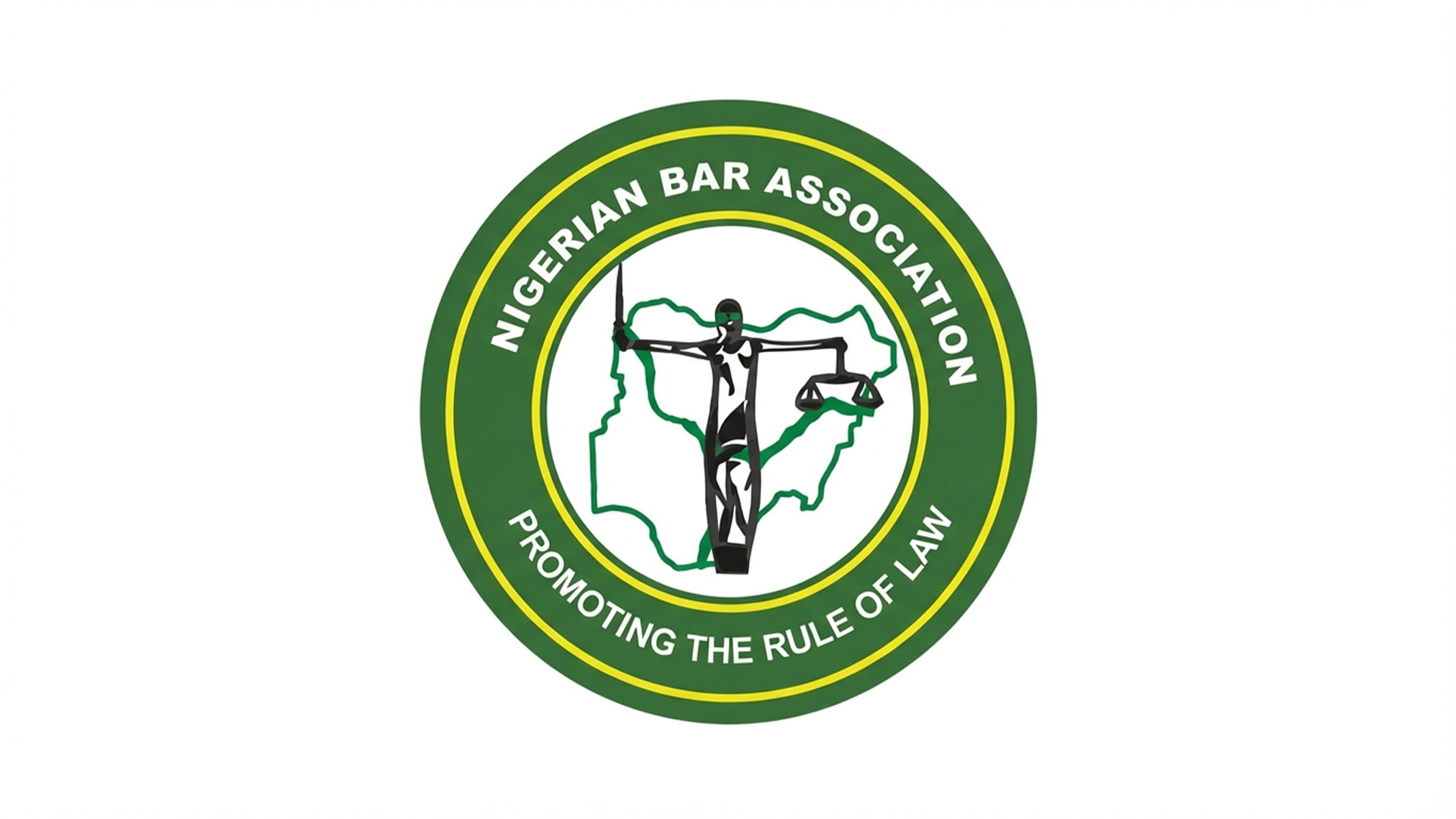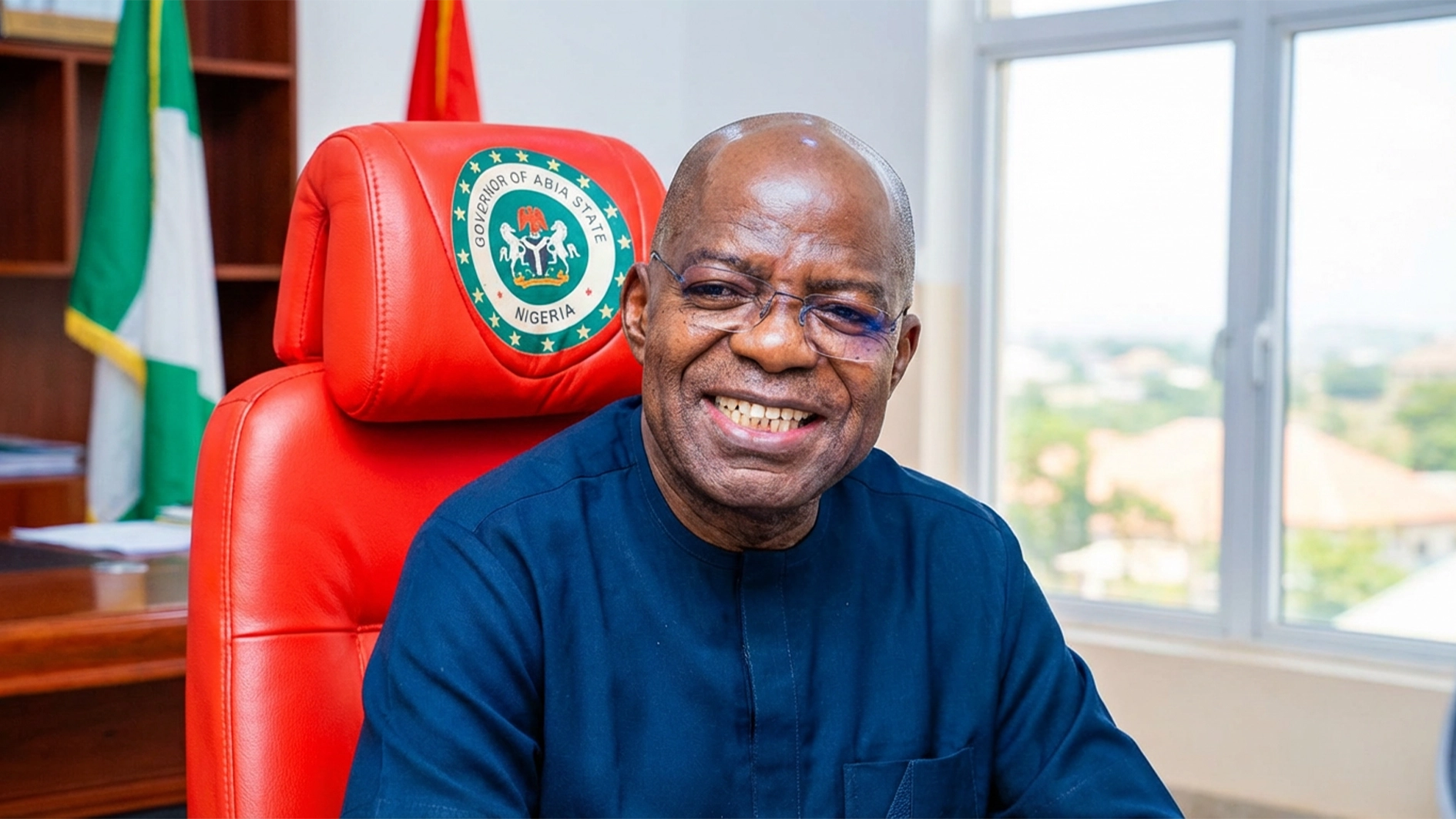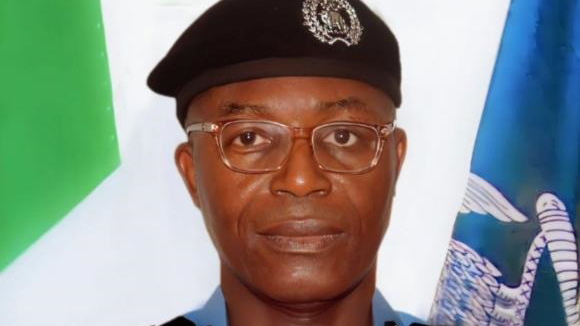More than 5,000 residents of Kirawa, a border town in Nigeria’s northeast, have fled to neighbouring Cameroon following an overnight assault by Boko Haram insurgents, news agency Reuters quoted officials and community leaders in the area as reporting on Friday.
The attack late on Thursday forced the district head, Abdulrahman Abubakar, to abandon his palace, which, along with a military barracks and several homes, was set ablaze.
“I was left with no option but to flee to Cameroon,” Abubakar told Reuters.
“Residents boarded trucks to seek refuge across the border, while others ran to Maiduguri,” the state capital.
According to Reuters, a video released by Boko Haram showed fighters setting fire to the military barracks while chanting, “victory belongs to God.”
It added that residents confirmed that Kirawa was now largely deserted.
“Boko Haram is in control,” said Dauda Hassan, who escaped to Pulka, a neighbouring town where troops are stationed.
The assault follows a September 19 attack on Banki, another border town, where Boko Haram fighters overran a military barracks, seizing weapons and forcing soldiers to retreat. Yakubu Mabba Ali Kirawa, head of the town’s development group, called for urgent military reinforcements, noting that local vigilantes and residents remain the only security presence after a multinational military task force withdrew following an attack in August.
The latest attacks underscore a pattern of intensified operations by Boko Haram and its splinter group, the Islamic State West Africa Province (ISWAP), which have targeted civilians and security forces in Borno State this year. Since the start of 2025,insurgents have temporarily overrun several army bases and communities, though the military has repeatedly regained control following reinforcements.
Separately, former President Goodluck Jonathan reflected on the insurgency during the public presentation of Scars: Nigeria’s Journey and the Boko Haram Conundrum, a book authored by former Chief of Defence Staff, General Lucky Irabor, in Abuja on Friday. Jonathan disclosed that Boko Haram once nominated Muhammadu Buhari to represent them in peace talks with the Federal Government during his administration.
“One of the committees we set up then, the Boko Haram nominated Buhari to lead their team to negotiate with the government,” Jonathan said.
“I was feeling that, if they nominated Buhari to represent them and have a discussion with the government committee, then when Buhari took over, it could have been an easy way to negotiate with them and they would have handed over their guns. But it was still there till today.”
Jonathan stressed that the Boko Haram insurgency is more complex than generally perceived.
“If you conduct research and interview many people, you will only get part of the story, but never the full story of Boko Haram. I was there. Boko Haram started in 2009 when I was vice president. I took over in 2010 and spent five years battling the insurgency until I left office,” he said.
He also noted that the group’s access to sophisticated weaponry suggested external support.
“Issue of carrots and the stick may be adopted, and yes, probably the needs are there, but if you look at the weapons they use… then you know that these are not hungry people,” he said.
Jonathan called for documentation of the insurgency from all sides, including former members, to provide a more comprehensive understanding of Boko Haram’s motives.
Boko Haram, which emerged in Borno State in the early 2000s and escalated its violent campaign after its founder, Mohammed Yusuf, was killed in 2009, has conducted mass abductions, bombings, and attacks on both civilian and military targets across northeastern Nigeria.






